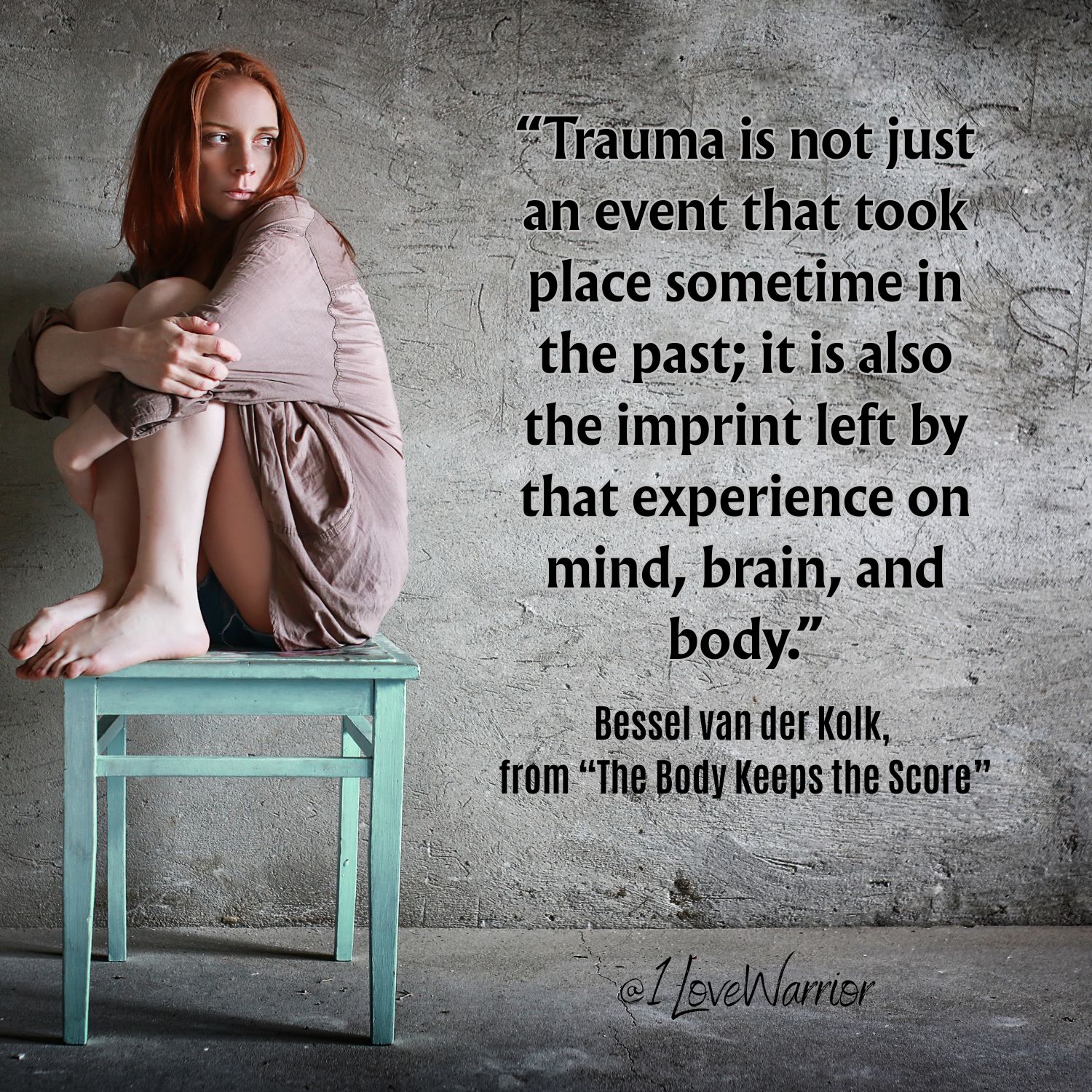by Stephanie Bucklin
When we think of crisis, we often picture sudden events: a natural disaster, a job loss, a medical emergency. But many of life’s most destabilizing crises don’t crash in from the outside — they grow quietly within, nurtured by neglect, avoidance, and the habit of bypassing discomfort.
We chase joy, lean into the familiar, and tell ourselves that if something feels good, it must be right. Yet when difficult conversations are avoided, when responsibilities pile up unattended, and when pain is pushed into the shadows, small cracks begin to spread. Left unattended, those cracks can grow into deep fissures that shake the very foundations of our wellbeing.

The Hidden Weight of Collective Trauma
Many of us are still carrying invisible trauma from the pandemic years. The uncertainty, isolation, and collective grief created ripples of disruption we are only beginning to understand. Our routines were fractured, milestones missed, relationships strained, and nervous systems left raw.
Dr. Gabor Maté, renowned for his work on trauma and addiction, reminds us: “Trauma is not what happens to you, but what happens inside you as a result of what happens to you.” For countless people, the external storm of the pandemic left behind internal scars — unprocessed emotions, unacknowledged grief, and coping mechanisms that once kept us afloat but no longer serve our healing.
These hidden wounds show up in subtle ways: neglect of our health, overwork, disconnection in relationships, or an inability to rest without guilt. The danger is not only in the trauma itself, but in how easily we learn to normalize the neglect that follows.
A Personal Journey Through Neglect and Healing
I know this truth intimately. As a child, neglect arrived at a time when I was deeply vulnerable. To survive, I built protective walls and guarded my heart. For years, those walls kept me from experiencing joy fully.
When I finally turned toward this unhealed part of myself, I discovered how the wound had shaped me. I saw how, in my co-dependent marriage, I had become both victim and abuser — perpetuating the very patterns I had suffered. The moment of recognition was painful, but it opened the door to transformation.
Years later, as my ex-partner and I moved through the dissolution of our marriage, we chose a different path: apology, forgiveness, compassion, and a mutual desire to heal before parting ways. That choice to face our shared wounds — rather than bury them — allowed us both to step into a new chapter with clarity and grace.
Preventing Crises Before They Grow
Preventing inner crises requires courage. It asks us to balance joy with responsibility, and to notice early signs of neglect before they take root. As Thich Nhat Hanh once wrote: “When we ignore our pain, it grows stronger. When we embrace it with tenderness, it begins to transform.”
Here are a few ways to begin:
- Balance joy with responsibility. Pursue happiness, but not at the cost of health, relationships, or purpose.
- Face discomfort. Lean into the small, hard conversations or unfinished tasks before they swell into overwhelm.
- Check for neglect. Ask yourself: Where am I undernourished? Where am I mistaking temporary pleasure for true wellbeing?
- Recalibrate early. Notice when cracks begin to form, and gently rebalance before collapse.
Healing Is Always Possible
I believe anything can be healed. Trauma does not need to be a life sentence; it can be a teacher that points us toward resilience, compassion, and deeper humanity.
As Viktor Frankl, survivor of unimaginable suffering, taught: “Between stimulus and response there is a space. In that space is our power to choose our response. In our response lies our growth and our freedom.”
Choosing to face pain rather than deny it is how we reclaim that space. It is how we transform trauma into wisdom, and prevent crises from consuming our lives.
Invitation: Healing is not a solitary act. Join me in conversation, practice, and community as we continue exploring how to process emotional pain and cultivate resilience. Together, we can learn to notice the cracks before they spread — and walk the path of healing with compassion and courage.
Namaste,
~S
Share This Post
Are you ready to take your next step with courage?
If you’ve been carrying unspoken pain, avoiding the hard conversations, or feeling the weight of unresolved trauma, you don’t have to face it alone. Sometimes the bravest act is reaching out for support.
I invite you to schedule a discovery call with me. In this safe and compassionate space, we’ll explore your current challenges, your goals for healing or growth, and whether my services are a good fit to support your journey.
✨ Take this step for yourself — because even the smallest act of courage can open the door to lasting transformation.


